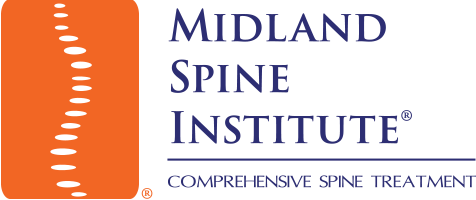
Stiffness
Muscle stiffness is a condition in which muscles feel tight and contracted rather than the usual supple state of muscles at rest. It’s also called stiff muscles, rigidity, and in severe cases, spasticity.
Muscle stiffness is a feeling of tension and contraction in the muscles. In other words, your muscles feel like they are always flexed. This stiffness may limit your normal range of motion. Sometimes muscles feel stiff after periods of vigorous use like athletic activities, physical labor, or weight lifting.
Other times, muscles feel stiff after periods of inactivity, like rising out of bed in the morning or getting out of a chair from a sitting position. Sometimes, rigid muscles may be due to:
- muscle spasm caused by overuse
- injury
- bleeding into the muscle
- toxic effect from a bite or sting
- infection
- environmental exposure, like extreme heat or cold
Stiff muscles are often a temporary symptom and can be resolved by stretching and movement. However, in other cases, the symptom can be a sign of something more serious.
Possible Underlying Causes of Muscle Stiffness
There are many things that can cause stiff muscles. Usually, if it’s something more than overuse or stiffness from lack of use, there will be other accompanying symptoms. Your doctor will use these symptoms to help determine what’s causing your stiff muscles.
It could be one of the following conditions:
- acute HIV infection
- rhabdomyolysis (a condition that breaks down your muscles)
- overuse syndromes
- coccidiomyocosis (also known as valley fever or California fever)
- dermatomyositis (a disease of the connective tissues)
- generalized anxiety disorder
- Huntington’s disease (a brain disorder that leads to mental and muscular decline)
- infectious mononucleosis (also known as mono)
- Legionnaires’ disease (a pneumonia caused by bacteria)
- muscular dystrophies (a group of diseases that weaken the muscular system)
- Parkinson’s disease (a nervous system disorder that worsens over time)
- polio (potentially fatal infectious disease)
- sprains and strains
- polymyalgia rheumatica (inflammatory disorder in older adults)
- hypothermia (the body’s response to severe cold)
- heat illness
- post-anesthesia
- black widow spider bite
Treating Stiff Muscles
If the cause is known and deemed to be minor, such as muscle stiffness from exercise, then rest, massage, and cold or heat packs may be helpful. Stretching and toning muscles are important for keeping muscles flexible and preventing stiffness. Regular exercise to improve circulation and reduce inflammation, along with warm baths and massage therapy, can help decrease muscle stiffness. Observe good posture and check the ergonomics of furniture and equipment used at home and at work.
However, if you don’t know what’s causing your stiffness, make an appointment with your doctor. Your doctor will ask about your medical history and any other symptoms you are experiencing. They may run blood tests and take images of your body using a CT scan or MRI.
Once the cause of your stiffness is determined, treatment options can be explored. Because there are many possible causes of stiffness, treatments vary widely.

